Microsoft's Dream of Acquiring Nintendo: A Long Shot in the Gaming Industry
Microsofts potential acquisition of Nintendo, as discussed in revealing emails, is a long shot due to Nintendos financial stability and diversification. Collaboration benefits Nintendo gamers.
The Fluzala case, examining Microsoft's acquisition of Activision Blizzard, has become a source of ongoing fascination or tedium, depending on one's perspective. Nevertheless, it has undeniably unveiled some intriguing behind-the-scenes insights into the gaming industry's biggest players, offering gamers a peek into the daily exchanges and discussions among industry giants.
The recent revelations promise to keep our friends over at Pure Xbox occupied for quite some time. It's safe to assume that Microsoft's top executives are far from thrilled about their product plans, next-gen timelines, and undisclosed projects being laid bare on the internet for all to see. Although, to be honest, nothing in their roster of potential games appears particularly groundbreaking – another DOOM and some remasters? Not exactly groundbreaking, is it?
However, our focus here lies on an email exchange between Xbox boss Phil Spencer and Microsoft's Chief Marketing Officers, Chris Capossela and Takeshi Numoto. In this email, Spencer candidly expresses his sentiments regarding a potential acquisition of Nintendo by Microsoft.
This conversation is nothing short of juicy, and it's a rarity to witness such frank discussions among Microsoft's top brass. Nonetheless, it should come as no surprise that Nintendo, as Spencer puts it, is "THE prime asset for us in Gaming." Given Nintendo's historical significance in the industry and its knack for creating genre-defining software that continually delights its fiercely loyal audience, it's a no-brainer for Microsoft to aspire to harness Nintendo's prestige, expertise, and vast catalog of all-ages intellectual property.
Just imagine the seismic expansion in the Xbox demographic if it were to suddenly host all Mario, Pokémon, Zelda, Animal Crossing, Kirby, and Metroid titles. Any financially robust company with a hunger for quality gaming content would keep a watchful eye on Nintendo, poised to strike when "opportunities" arise.
Digging deeper into the email text, the mention of applying pressure to boost stock performance via Nintendo's Board of Directors, potentially leading to a closer Microsoft-Nintendo relationship, may seem somewhat hostile and underhanded. However, such strategic maneuvering is standard practice in the cutthroat world of business. While it might ruffle the feathers of Nintendo loyalists and gaming enthusiasts, it's a fundamental aspect of Business 101. Which massive corporation wouldn't want to secure the rights to Mario and company? Sony wouldn't mind such a coup either.
Analyzing the email, one might conclude that Spencer's belief in Nintendo's "future existing off their own hardware" is somewhat optimistic. And you wouldn't be entirely wrong. The email dates back to 2020, a time when the memory of the troubled Wii U was still fresh in people's minds. Despite the Switch's promising trajectory at the time, the notion of its success being a mere pendulum swing before another disappointing console wasn't entirely far-fetched. Furthermore, we remain uncertain about the nature and success of a potential 'Switch 2.' Nintendo's next console may not resonate as strongly with the mass market. The ball is firmly in Nintendo's court.
Nevertheless, even if their next console were a colossal failure, Nintendo has strategically diversified its business in recent years. This transformation into a Disney-like 'entertainment' company, as Doug Bowser aptly described it, involves leveraging the brand's enduring appeal across various domains, including theme parks, movies, and merchandise. This diversified approach serves as a risk mitigation strategy, safeguarding the company against potential turbulence in its console hardware business. Relying solely on one hybrid console and expecting each one to be a resounding success is a risky proposition.
Ultimately, as Spencer notes in his email, Nintendo boasts substantial cash reserves, and it would take several Wii U-level missteps in succession to place the company in any financial peril. Yes, there may always be opportunistic suitors circling, but this email merely underscores that corporations continually monitor potential opportunities, whether or not they perceive weakness. It's all part and parcel of the business landscape.
Could Microsoft make a play for Nintendo in the future? It's not entirely out of the realm of possibility, but it would necessitate significant missteps on Nintendo's part, resulting in catastrophic financial repercussions over a decade or more. The ongoing Microsoft/Activision saga illustrates the numerous challenges that large-scale acquisition deals can entail. Add to that the global competition from corporations in China, the Middle East, and elsewhere, and the sequence of events leading to a Microsoft-owned Nintendo from our current vantage point seems improbable, if not farcical. As Spencer himself notes, Microsoft is "playing the long game," and that's precisely what would be required. It's a game that would span many years.
In conclusion, there's little cause for concern among Nintendo loyalists after glimpsing these three-year-old emails. If increased collaboration between Microsoft and Nintendo results in benefits such as having titles like Ori and Cuphead on the Switch, Banjo joining the Smash roster, or even the dream of a Rare Replay port for the Switch becoming a reality, Nintendo gamers have much to gain.
Download your fonts:
Mengkengs Font - Free Download
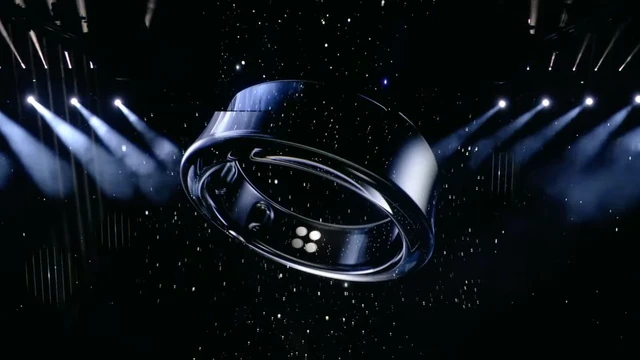
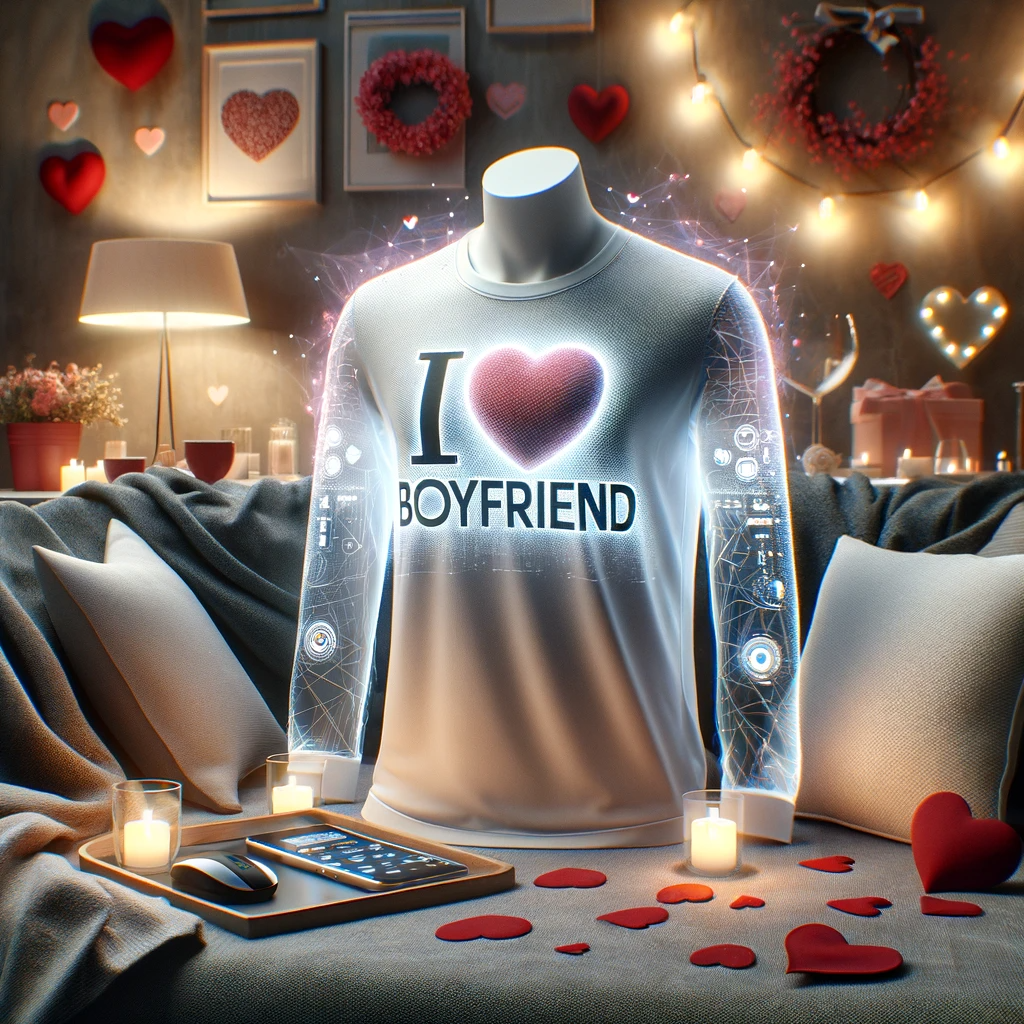
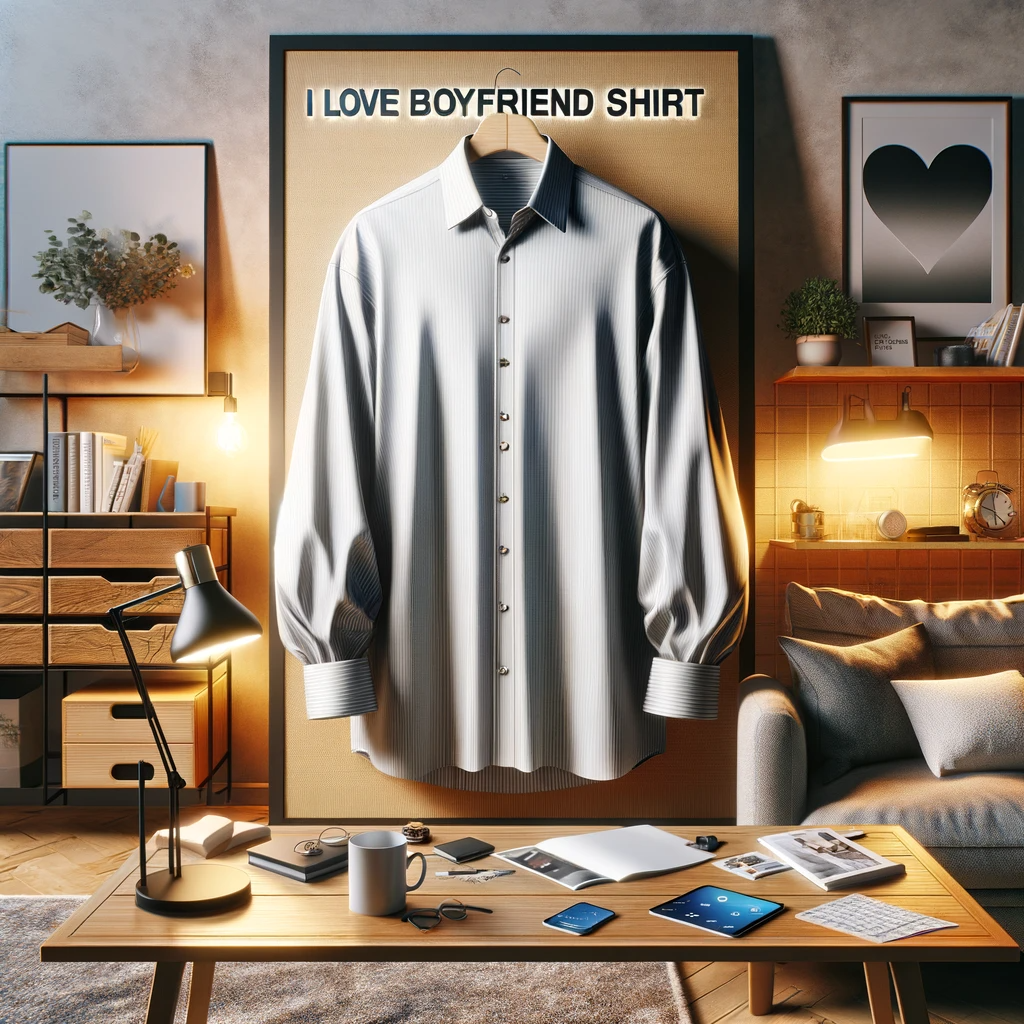
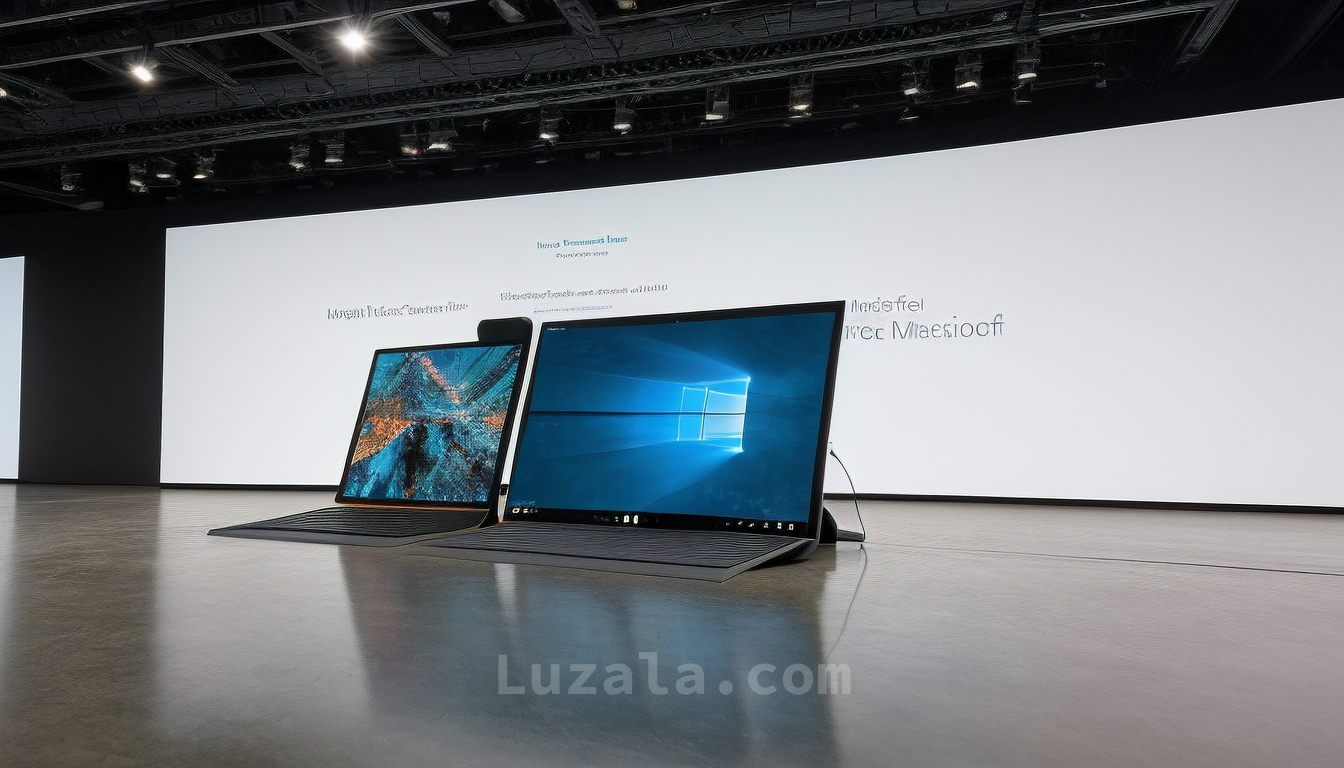
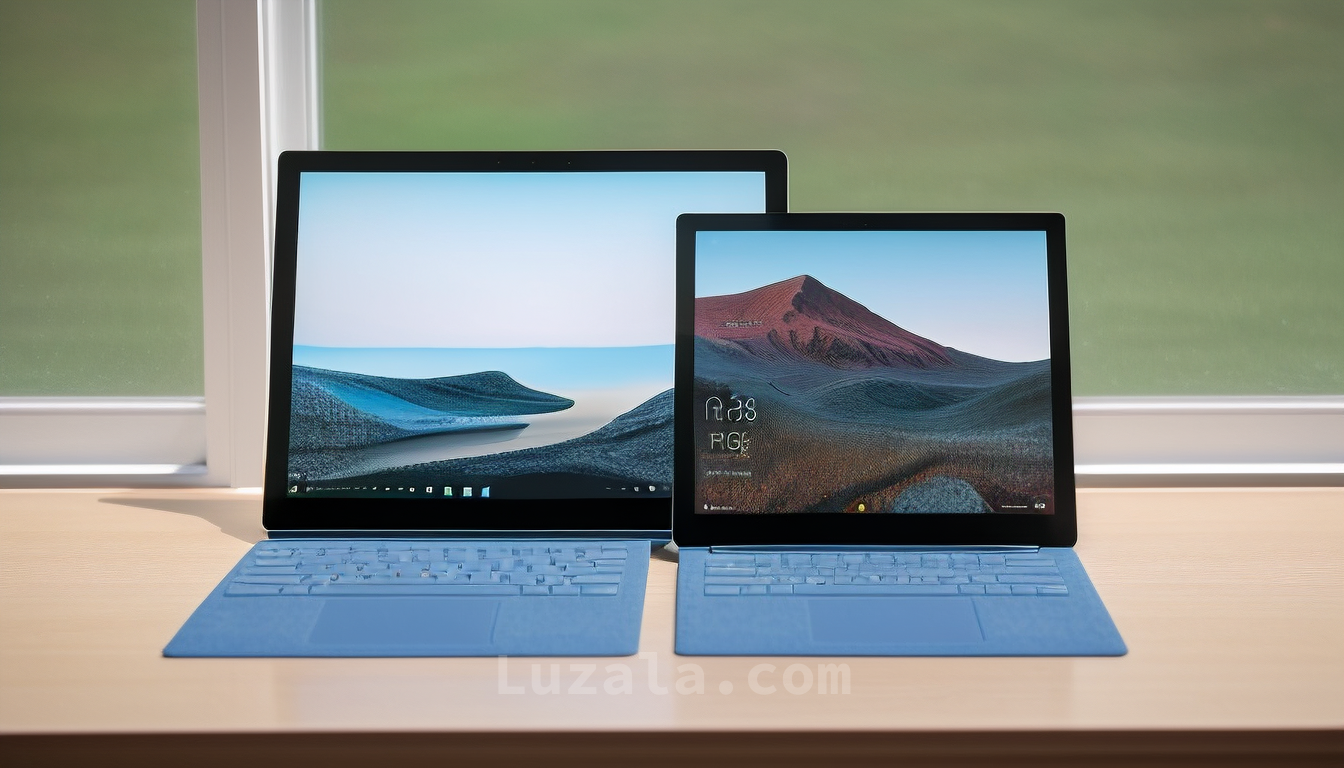










Comments